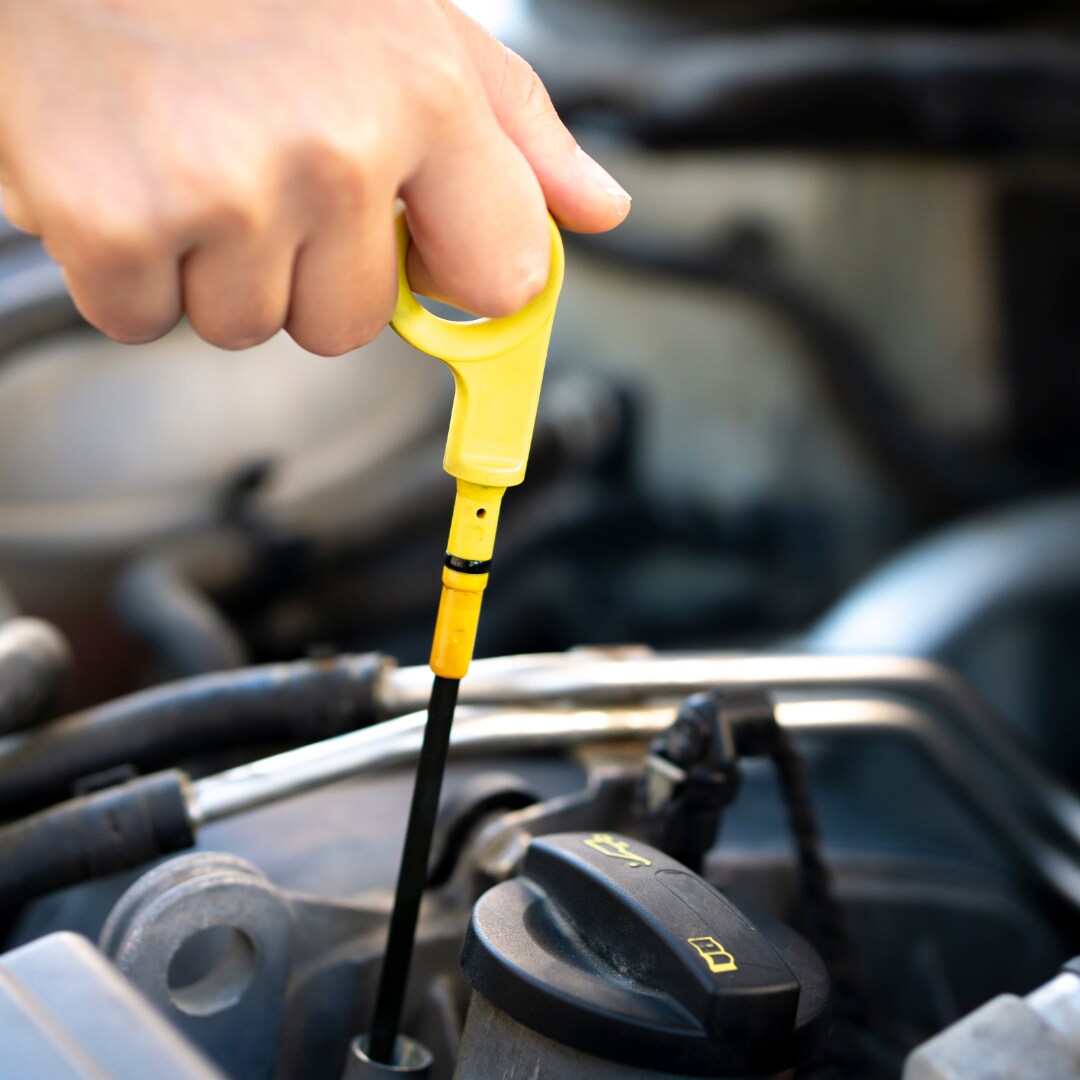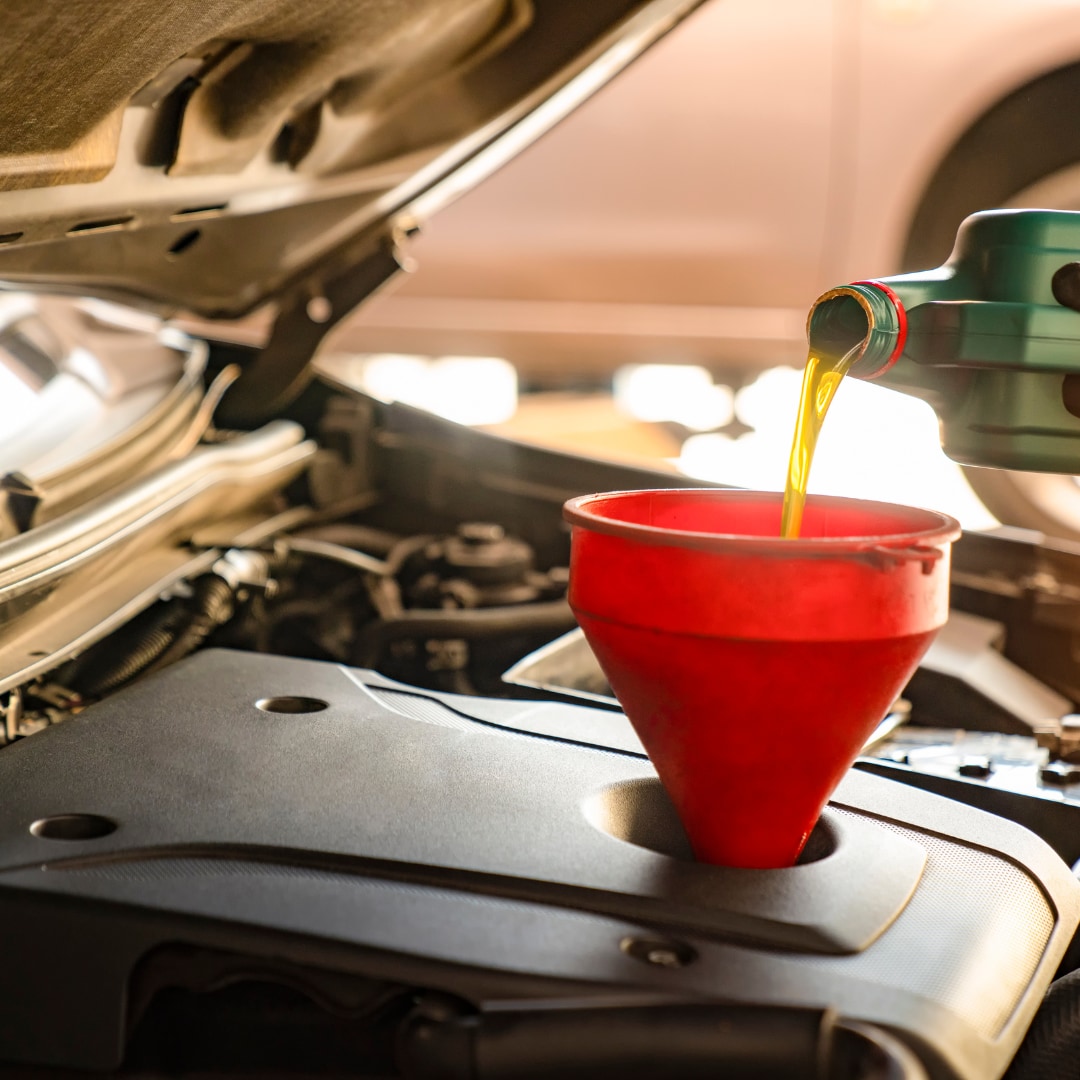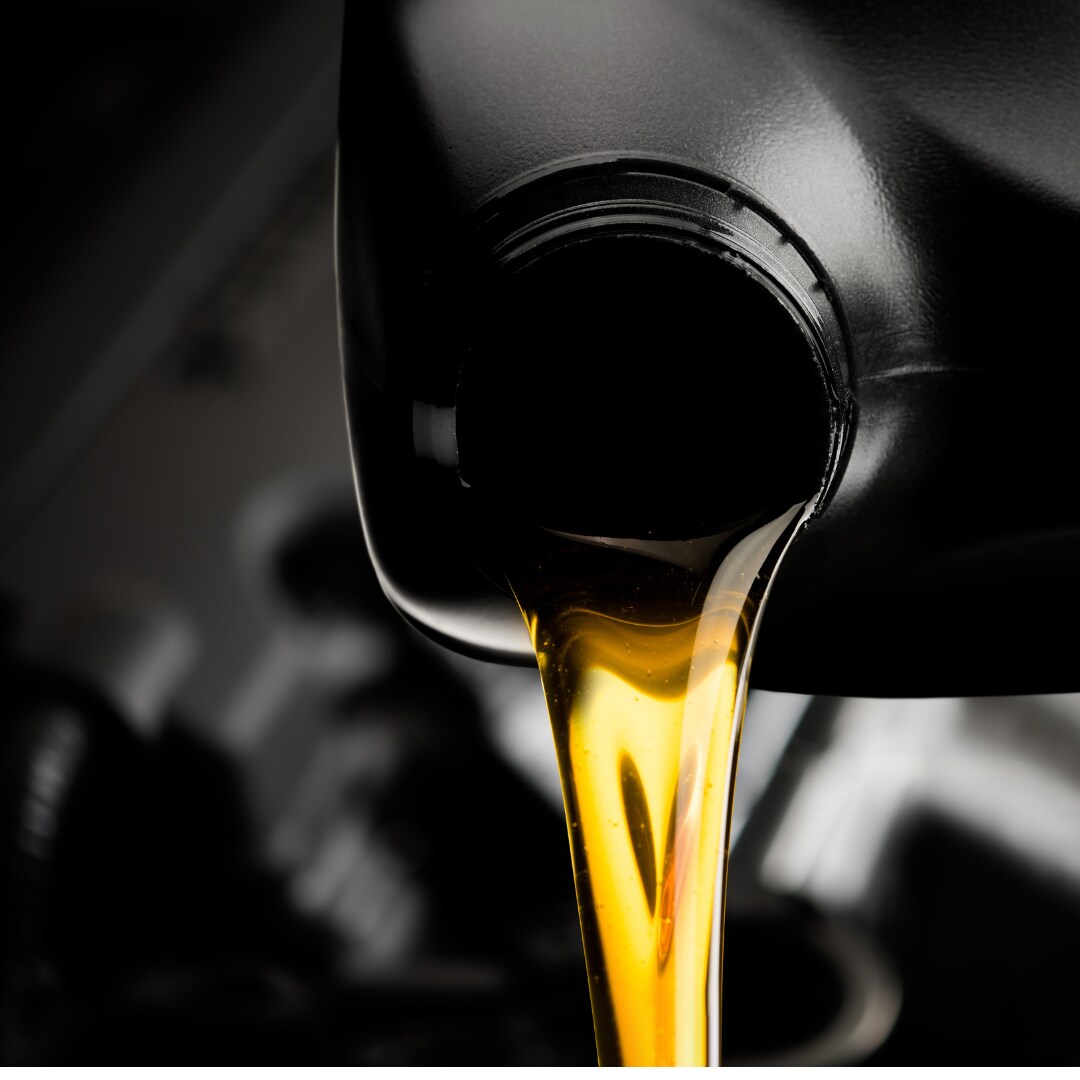Regular maintenance is vital to keeping your vehicle in top shape, and one of the simplest yet most impactful services you can provide is an oil change. In this post, we'll explore how an oil change not only prolongs the life of your car but can also enhance its overall performance. Let's dive into the importance of this essential maintenance task.
How an Oil Change Can Improve Car Performance
Understanding the Role of Engine Oil
Engine oil serves multiple critical functions in your vehicle. First and foremost, it acts as a lubricant to minimize friction among the engine's moving parts. When engine components rub against each other, they generate heat that can lead to wear and tear. Therefore, oil designed for your engine type is essential for optimal performance.
Beyond lubrication, engine oil also helps in cleaning the engine. As it circulates, it picks up dirt, debris, and other impurities, preventing them from accumulating and causing clogs. It's akin to filtering out toxins from your body; without this cleaning function, your engine could suffer significantly.
Moreover, engine oil helps cool the engine. As it absorbs heat-generated by combustion and friction-it helps maintain a consistent, safe operating temperature, thereby preventing overheating. This cooling effect contributes not only to long-term engine health but also to your immediate driving experience.
It's clear that engine oil is far more than a simple lubricant; it's vital for your engine's health and performance. Recognizing these roles can help you appreciate the importance of routine oil changes to keep your vehicle functioning smoothly.
How Oil Changes Affect Engine Performance
Regular oil changes are key to maintaining engine performance. Fresh oil ensures all moving parts are properly lubricated, effectively minimizing friction. The lower the friction, the less energy is wasted as heat. Your engine can work more efficiently, improving acceleration and overall power.
When you delay an oil change, used oil becomes thick and gritty due to accumulated contaminants. This degradation leads to suboptimal lubrication, causing the engine to work harder. Over time, this added strain can decrease fuel efficiency and decrease power output, impacting your driving experience.
Furthermore, high-quality oil helps maintain a steady temperature within the engine. Proper thermal regulation ensures that your engine does not overheat, crucial for preventing permanent damage. By changing your oil regularly, you safeguard your engine's ability to perform at its best.
Simply put, neglecting oil changes can jeopardize your vehicle's performance. By investing in regular oil changes at Benson CDJR's service department, you're investing in improved function, responsiveness, and longevity of your vehicle. Our expert technicians are here to ensure that your engine stays in peak condition, no matter the road ahead.

Signs That You Need an Oil Change
One of the most common signs that you might need an oil change is the color and consistency of your oil. Fresh oil is typically a golden yellow or amber, whereas old oil becomes darker and more opaque. A quick check with a dipstick can reveal this change, signaling that it's time for maintenance.
Another sign is the presence of unusual engine noises. If your engine begins to sound louder than usual, it could indicate that the oil is too dirty to provide proper lubrication, leading to increased friction among parts. Paying attention to these sounds can prevent further damage to your engine.
Additionally, a warning light on your dashboard may illuminate, signaling low oil pressure. This is a crucial indicator that requires immediate attention, as it can lead to severe engine problems if left unaddressed.
Finally, if you notice oil leaking on the ground where you park, that's a clear sign of a problem. Oil leaks can result from worn seals or gaskets and indicate that it's time for an oil change and a more comprehensive inspection of your vehicle.
Choosing the Right Type of Oil for Your Vehicle
When it comes to selecting the right oil for your vehicle, several factors must be considered. The first step is to check your owner's manual for specific recommendations. Different engines require different oil viscosities and types, so adhering to these guidelines is crucial.
There are two main categories of oil: synthetic and conventional. Synthetic oil offers superior performance and protection, particularly in extreme temperatures, while conventional oil may be suitable for older vehicle models or those with less demanding engines. Understanding the distinctions between the two can help you make an informed choice.
You'll also want to consider the oil's viscosity rating, which is indicated by the numbers on the label (e.g., 5W-30). This rating denotes the oil's thickness at different temperatures. Selecting the appropriate viscosity is essential for optimal engine performance and fuel efficiency.
Ultimately, choosing the right oil is not just about brand preference; it's about ensuring your engine receives the protection it needs for optimal performance. Don't hesitate to consult an auto mechanic, and if you're unsure, visit Benson CDJR's service department-we're happy to provide personalized recommendations for your vehicle's needs!


The Oil Change Process: What You Should Know
Understanding the oil change process can make the task less intimidating and more manageable. Begin by gathering the necessary tools and materials: a new oil filter, the correct type of oil, and tools like wrenches and a funnel. Having a drain pan on hand is also wise to catch old oil.
The first step is to ensure the engine is warm but not hot. This allows the oil to drain easily. Once you've removed the oil drain plug and let the old oil flow into the drain pan, it's time to replace the filter. This step is crucial, as the filter captures impurities that could damage the engine.
After replacing the filter and securing the drain plug, you can refill the engine with new oil using a funnel. Carefully monitor the dipstick during this process to avoid overfilling, which can lead to complications.
Finally, start your engine and let it run for a minute, ensuring that oil circulates throughout. Check for leaks or unusual noises. Completing these steps diligently ensures that your engine will run smoothly for another cycle, confirming the value of turning the routine oil change into a regular part of vehicle maintenance.
Benefits of Regular Oil Changes Beyond Performance
While improved engine performance is one of the more obvious benefits of regular oil changes, several additional advantages are often overlooked. For starters, consistent oil changes can significantly extend the lifespan of your vehicle. Keeping your engine clean and well-lubricated reduces the chances of major breakdowns, ultimately saving you money on repairs.
Moreover, regular oil changes contribute to better fuel economy. As oil loses its effectiveness, it can lead to increased resistance in the engine, requiring more fuel for the same level of performance. Fresh oil can enhance efficiency, leading to financial savings at the pump.
Another benefit is environmental. By correctly maintaining your engine, you're less likely to experience oil leaks, which can harm the environment. Fresh oil is less likely to contribute to pollution than oil sitting around for too long, making your vehicle more eco-friendly.
Lastly, staying up to date on oil changes can improve resale value. Buyers are more inclined to invest in a well-maintained vehicle, and having a documented history of regular oil changes can be a significant selling point. In essence, the benefits of regular oil changes extend far beyond performance, touching on aspects of cost, environmental responsibility, and vehicle value.

The Importance of Regular Oil Changes
An oil change is a vital aspect of car maintenance that directly influences performance, efficiency, and longevity. By keeping your engine well-lubricated and clean, you can ensure smoother rides and better fuel economy. Don't overlook this simple task - it's one of the best ways to care for your vehicle and improve its performance over time.
At Benson CDJR's service department, we're here to ensure your car is in the best hands. Let us handle your oil changes so you can focus on enjoying the road ahead!